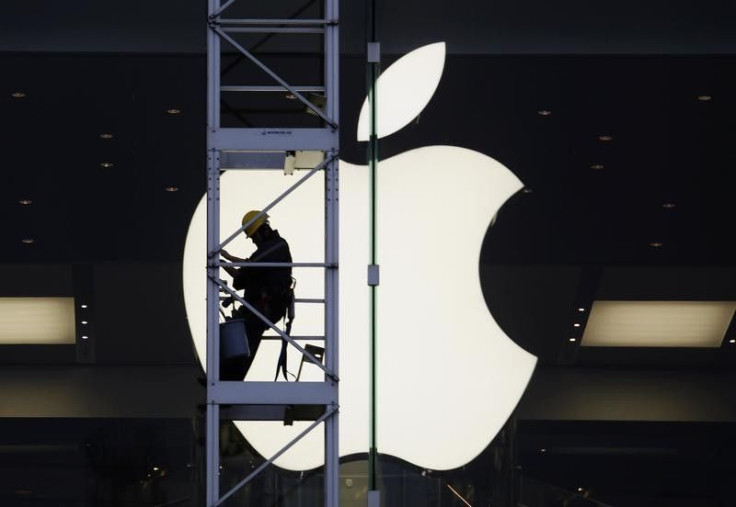Apple 12.9-inch iPad Release Imminent Targeting Businesses with Production in Place

Apple will not give up on its iPad as it sets out to release another product version in 2015. According to recent reports, the tech giant will be releasing its 12.9-inch version in early 2015 with suppliers preparing already. More importantly, the company will try to target businesses with the new product format. Apple's reported partnership with International Business Machines Corp. (IBM) may also be key to the success of the next iPad offering.
Apple's iPad offering has been challenged constantly especially with Google's Android having more products and cheaper alternatives. Whereas Apple previously set the bar for high end tablets, this does not translate automatically to gaining the market share successfully. Gartner Inc. data suggest that iPad lost its footing when Android took over with 62 percent of the market share at the conclusion of 2013. Apple's iPad only accounted for 36 percent. This was a huge decline from the 53 percent the company posted in 2012.
Apple recently revealed its partnership with IBM which Cook claimed to be a possible ingredient for sucess to boost iPad growth. Supply chain sources say that Apple suppliers have already started preparations for the production of the 12.9-inch iPad. The production can start as early as the first quarter of next year. There are no clear details about the exact release but an early production should mean early entry into the market.
Apple has also been reportedly preparing for the release of its iPad Air 2 series this latter part of the year. It should come after the announcement and release of the iPhone 6 expected on September 9. The iPad Air 2 will reportedly have the TouchID feature available on the iPhone 5s if the leaks are to be believed.
IDC analyst Jitesh Ubrani said that despite the slow movement of tablets, institutions like schools, governments and companies should be good markets for the iPad.
"We're expecting larger tablets to do better," Bloomberg quoted Ubrani.




















